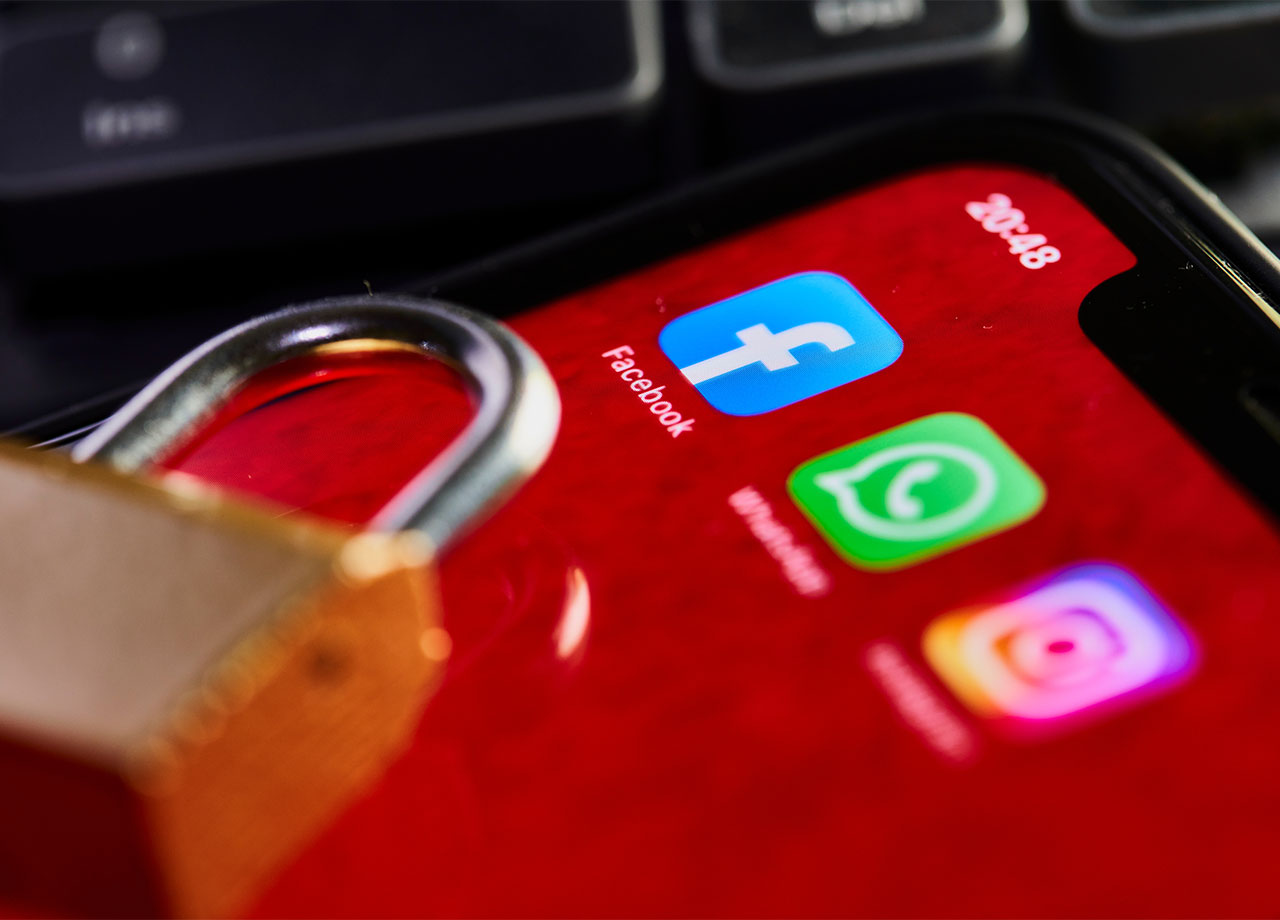Your iPhone isn’t fully secure and private — and the ramifications of this could be worse than you think. If you’re targeted by hackers, it has the “potential to be catastrophic,” according to one tech expert from YouTube’s Proper Honest Tech.
Finding solutions to beef up your phone’s security and to keep your data safe is a must, as is knowing which are the most common problems and potential issues with your phone that you may not yet be aware of. Here are five practical tips to keep you and your data safe.


1. Know That Your Apple Passcode Is NOT Secure
There have been countless stories of thieves swiping people’s iPhones — straight from their hands — and bypassing Face ID to simply type in your passcode, change your Apple ID so that you are locked out of your own phone when you attempt to “Find” it on a friend’s device, and access all of your other passwords through Keychain.
Bottom line: your Apple passcode is not secure — all anyone has to do is look over your shoulder when you aren’t paying attention to figure it out — and Face ID can be bypassed easily. This back-up plan for Face ID is the big flaw that iPhone has when it comes to security and privacy.
The first tip is an obvious, but important one: use a strong alpha-numeric passcode. Make sure it doesn’t contain names or numbers that have personal meaning to use. And always set a 6-numeric code — not a 4-numeric code.

2. Exercise Caution in Public
Whenever you’re out in public and about to put in a passcode, treat the situation with extreme caution. Anybody could be watching you as you type in that code, especially if you’re in a noisy public space. “Think of the passcode for your iPhone the same way you would the PIN” on your banking account.

3. Use Biometrics
Some people don’t feel comfortable using Touch ID and Face ID because they don’t trust Apple. And it’s true that this is an imperfect solution to security, but it’s still more secure than putting in a numeric passcode -- thieves won’t be able to see your code if you’re using biometrics.

4. Consider a Third-Party Password Manager
As convenient as iPhone Keychain is for storing passwords, it can be easily manipulated if a thief gains access to your device. You can minimize this security risk by considering a third-party password manager that can store your passwords for you. If someone gets into your phone, they won’t be able to gain access to them.

5. Don’t Store Sensitive Documents and Photos
It’s tempting to move over anything and everything to iCloud for “safe” keeping. But consider what you have stored in the Cloud and delete anything that is ultra sensitive, such as documents related to your personal finances, passport information, etc. It’s also a good idea to go through your Photos and delete any photo that is sensitive and could be used to blackmail you.
The less sensitive data you retain on your phone, the less a chance there is that it can be used against you, should anyone gain access to your device.


























